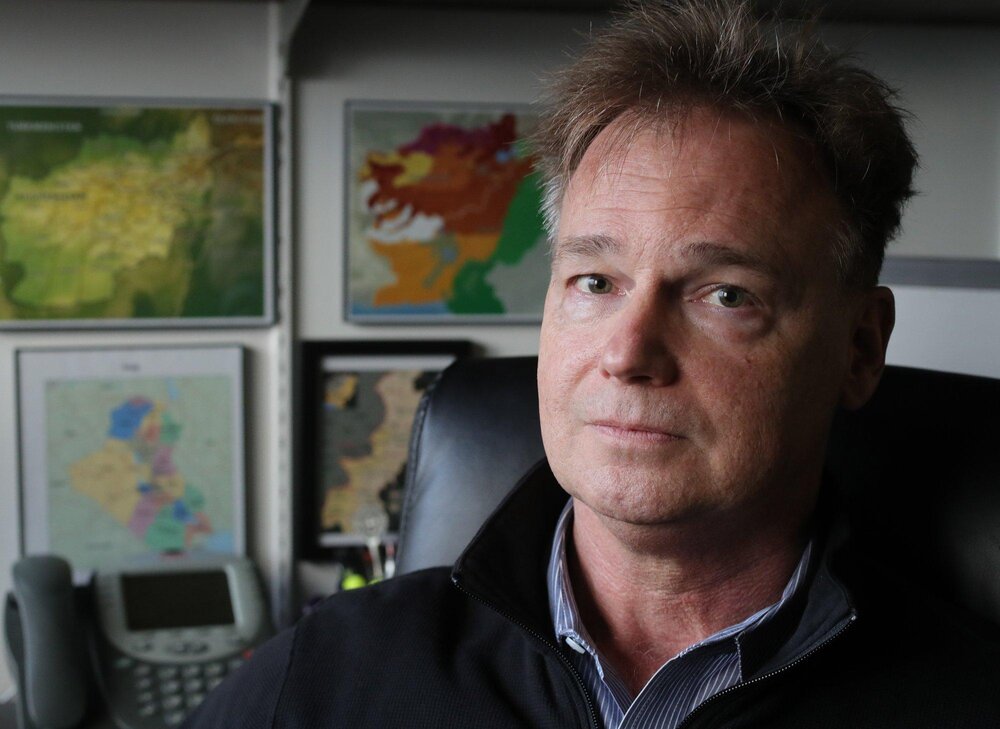TEHRAN — An American professor of political science believes the 2015 Iran nuclear deal, officially called the Joint Comprehensive Plan of Action (JCPOA), is almost completely dead.
“The JCPOA is, for all intents and purposes, dead,” Karl Kaltenthaler said in an interview with ILNA published on Sunday.
“Trump would like to replace it (JCPOA) with some sort of deal with the Iranian government that accomplishes his administration’s goals in the Middle East,” remarked Kaltenthaler from the University of Akron.
He argued that it is highly unlikely that the Iranian government would agree to Trump’s demands.
Thus, he said, unless there is a major change of attitude in the Trump administration or the Iranian government, there is unlikely to be forward movement toward a revitalized JCPOA.
He also said it is unclear how much Joe Biden if he were to win in November, would revitalize or re-negotiate the JCPOA.
“While Biden is less hawkish on Iran than Trump, he is also not soft on Iran,” the American professor opined.
Trump abandoned the JCPOA, which was signed during the Obama administration, on May 8, 2018 and introduced a maximum pressure policy in the hope of forcing Iran to come to the negotiating table to write a new deal with his own name on it.
Iran waited a year until it began to partially reduce its commitments to the agreement at bi-monthly intervals. Finally, on January 5 of this year, Iran issued a statement announcing suspension of all limits under the JCPOA. Observers say Trump’s maximum pressure policy has failed.
In a tweet on Friday, Trump appeared desperate to hold talks with Iran. “Don’t wait until after U.S. Election to make the Big deal,” he wrote. “I’m going to win. You’ll make a better deal now!”
Trump’s appeal for talks with Iran comes while his re-election chances are sinking fast – in part because of his administration’s poor performance in the fight against the coronavirus pandemic and the police killing of an unarmed African-American man, named George Floyd, which drew nationwide protests.
According to the CNN, Trump is now a “decided underdog” to reach the 270 electoral votes he needs to win a second term in the fall.
Asked about the recent protests across the United States over the police killing of George Floyd, Kaltenthaler said there have been long-simmering tensions in the U.S. over the relationship between the police and the African-American community.
“It is difficult to assess how the current unrest in U.S. cities over police brutality will affect President Trump’s ability to get re-elected in November,” said Kaltenthaler whose research and teaching focuses on political violence, public opinion and political behavior, terrorism, and xenophobia.
He noted that recent, credible polls show that the U.S. president has slipped in popularity since the unrest started.
“Some analysts take that to show that the protests and riots and the government’s response have hurt his standing with some Americans,” he explained.
But, Kaltenthaler continued, given the state of the economy and the continuing pandemic, “it is difficult to disentangle how much of the drop in his popularity is due to his response to the unrest and how much of it is due to these other factors.”
“It is also unclear that his popularity will continue to erode,” the professor said. “One thing is clear, the unrest in American cities is becoming a deeply polarizing issue.”
“The president’s response to the crisis energizes Trump’s base but some of his recent tweets and actions about the unrest have troubled some Republicans because they are viewed as inflammatory.”
He pointed out that there is a lot that can happen between now and November.
There are some things that are not helping him politically, namely the economic crisis and the pandemic, he said.
“The massive wave of protests energizes some of his supporters but they also energize his detractors,” he added.
Kaltenthaler concluded that the key to the election in November will be voter turn-out. “If Democrats want to defeat Trump, they have to get their voters to come to the polls. Opinion polls only tell you part of the story. Who actually shows up to vote is a much more difficult thing to predict.”
TAGS


No comments:
Post a Comment